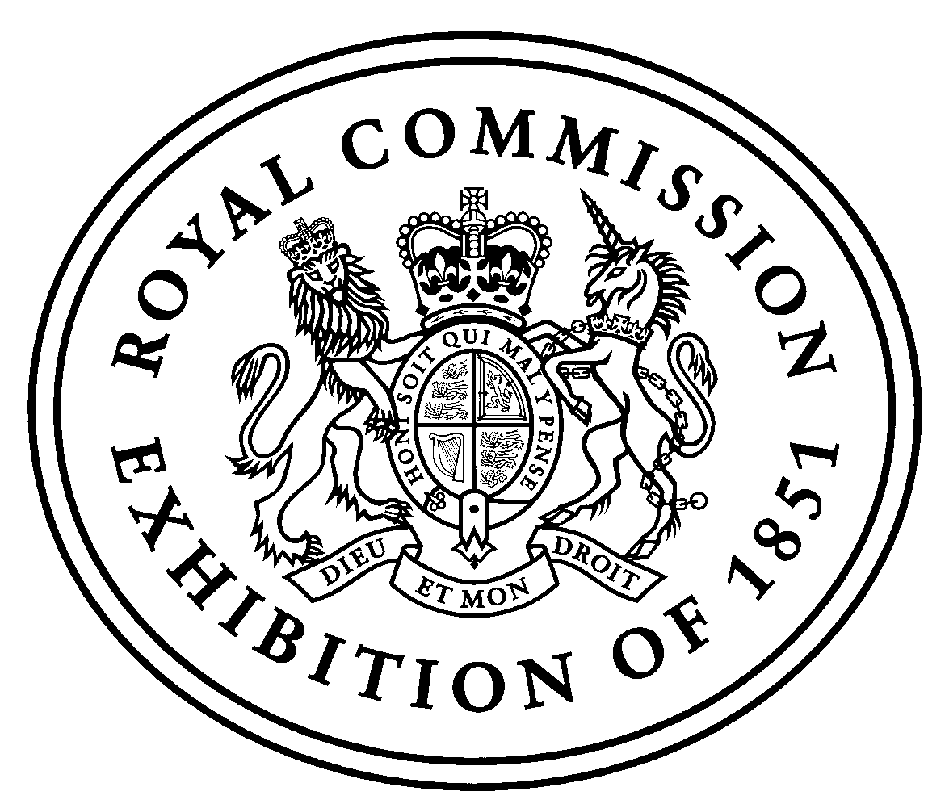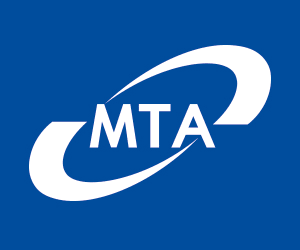– Funding awarded to PhD projects that include a system that helps autonomous boats talk to humans, reducing the risks and costs of the means by which over 90% of the world’s trade travel is conducted
– Also funded is a project for driverless cars to navigate using radar safely in crowded environments, and a temperature-sensing coating that can map the inside of jet engines and could lead to improvements in CO2 emissions from aircraft
– Technologies also include systems to predict fatigue in jet engines to make travel safer, and predict degradation of the polymers used to make boats in marine environments
– Applications for the 2019 Industrial Fellowships will open on the 1st October
London, 28 September 2018 – A young researcher behind a system that could allow autonomous boats to communicate by existing communication systems such as radio, a system essential for safe and cohesive sea travel, is among twelve promising scientists and engineers to receive an Industrial Fellowship worth £80,000 from The Royal Commission for the Exhibition of 1851. Improvements leading to the rollout of autonomous boats could potentially reduce the 62% of maritime accidents that involve human error.
Also supported through the Fellowships is radar system that could enable drones or driverless cars to navigate in crowded environments, improving the safety of autonomous vehicles. The few but high-profile accidents seen in autonomous or semi-autonomous vehicles may result from engineered selective identification of objects by radar to minimise overwhelming of the radar detection. The new technology could help detection systems function better and reduce the risk of accidents.
The Commission was set up by Prince Albert to organise the Great Exhibition of 1851 and continued in perpetuity to use the profits to ‘extend the influence of Science and Art on productive industry’. The funding it provides enables Fellows to make an impact on their industry and wider society, by accelerating the development and commercialisation of new technologies.
Other technologies supported are a temperature-sensing coating that can map the inside of jet engine turbines, leading to improved efficiency of aerospace travel and reducing the impact of the aviation industry on climate change which contributes 9% of CO2 emissions, and a method of calculating the impact of marine environments on the degradation of polymers used to build boats. They also feature a system that predicts fatigue in jet engines, for which the materials often have a short lifespan and failure to identify ageing can lead to catastrophic incidents.
Bernard Taylor, Chairman of the Royal Commission for the Exhibition of 1851, said: “It is critical that the young scientists and engineers that form the future innovation landscape of Britain are supported in their efforts. Our Industrial Fellowships provide funding to the most promising technologies that will enrich British industry, and allow the research to be directed towards commercialisation from the start of its development. We are proud to have awarded twelve impressive innovators with Fellowships this year. Their projects span a wide breadth of fields, including autonomous boats and cars, aerospace engineering, laser power, and cancer therapies, demonstrating the diversity of talent within the science and engineering future of this country”.
The Industrial Fellowships provide graduates with up to £80,000 each to complete their doctoral studies, enabling them to develop innovative technologies with commercial potential in collaboration with an industrial partner and academic institution. The projects, funded for up to 3 years, will ideally lead to a patent or substantial business development, allowing the young researchers to conduct impactful research while gaining valuable industrial experience. The Fellowship programme plays a crucial role in facilitating the relationship between universities and industry in the UK, by offering highly valued funding for research and development into new intellectual property, totalling around £1 million every year.
The 2018 Industrial Fellows include:
- Alex Raymond, L3 ASV and the University of Cambridge: Helping autonomous ships talk to humans using existing vehicle communications methods, such as radios
- Christopher Magazzeni, Rolls-Royce plc and the University of Oxford: Predicting fatigue in jet engines to make travel safer, as material fatigue can go unspotted and lead to catastrophic and fatal aviation accidents
- Euan Ward, Leonardo and the University of Edinburgh: Improving the reliability of low cost radar systems for drones and driverless cars, which must be refined for autonomous vehicles to safely operate on roads and reduce the risk of crashes
- Marta Ferran Marqués, Sensor Coating Systems and Cranfield University: Mapping engine insides using temperature-sensing coatings, which could lead to improvements in CO2 emissions from the aerospace industry, currently the cause of up to 9% of the human climate change impact, emissions having increased by 83% since 1990
- Jasmine Bone, NPL and the University of Surrey: Predicting the degradation of polymer composites in marine environments, critical to the safety and lifespan of major infrastructure including ships, bridges, piers, and wind turbines.
Applications for the 2019 Industrial Fellowships open on the 1st October 2018. To learn more visit the website here.






